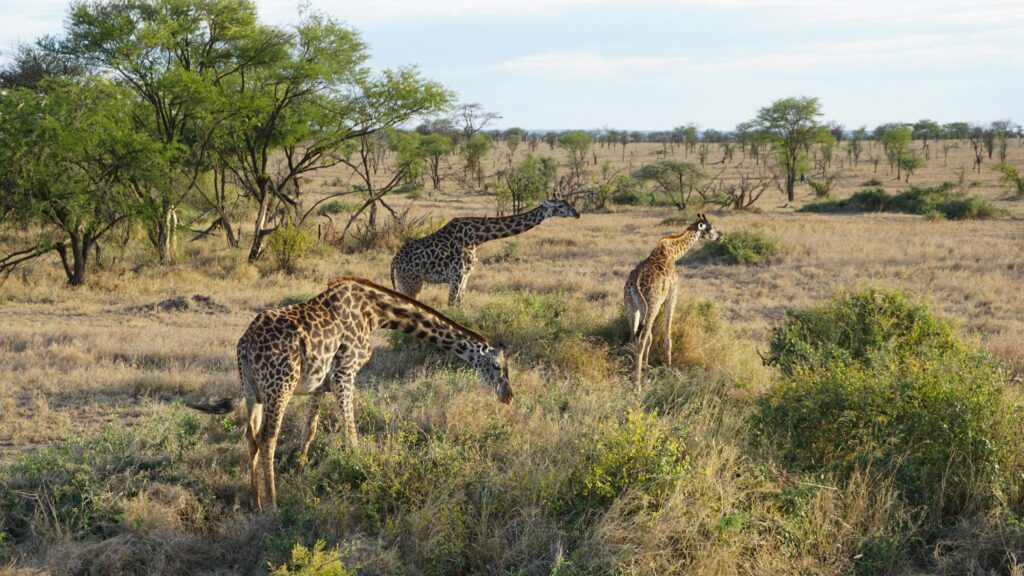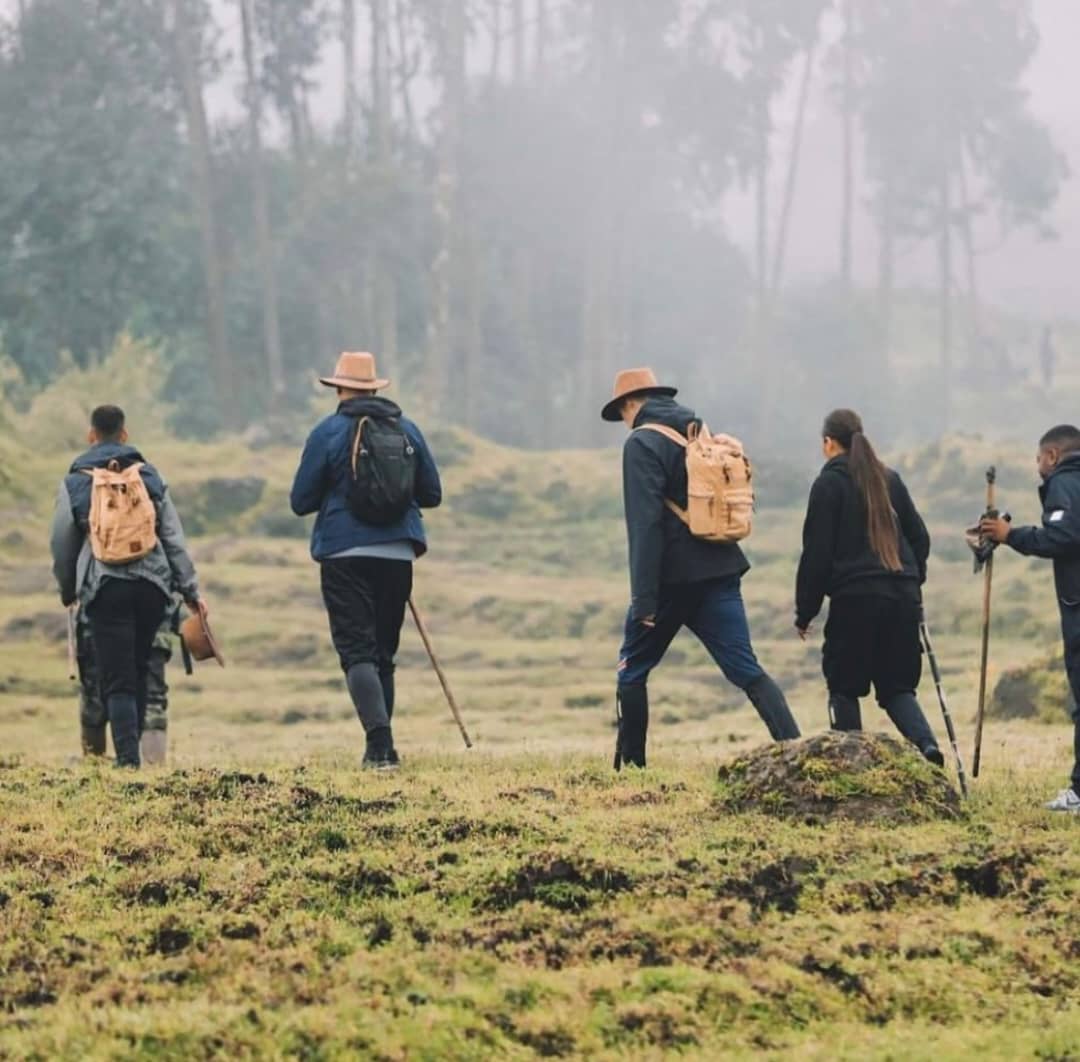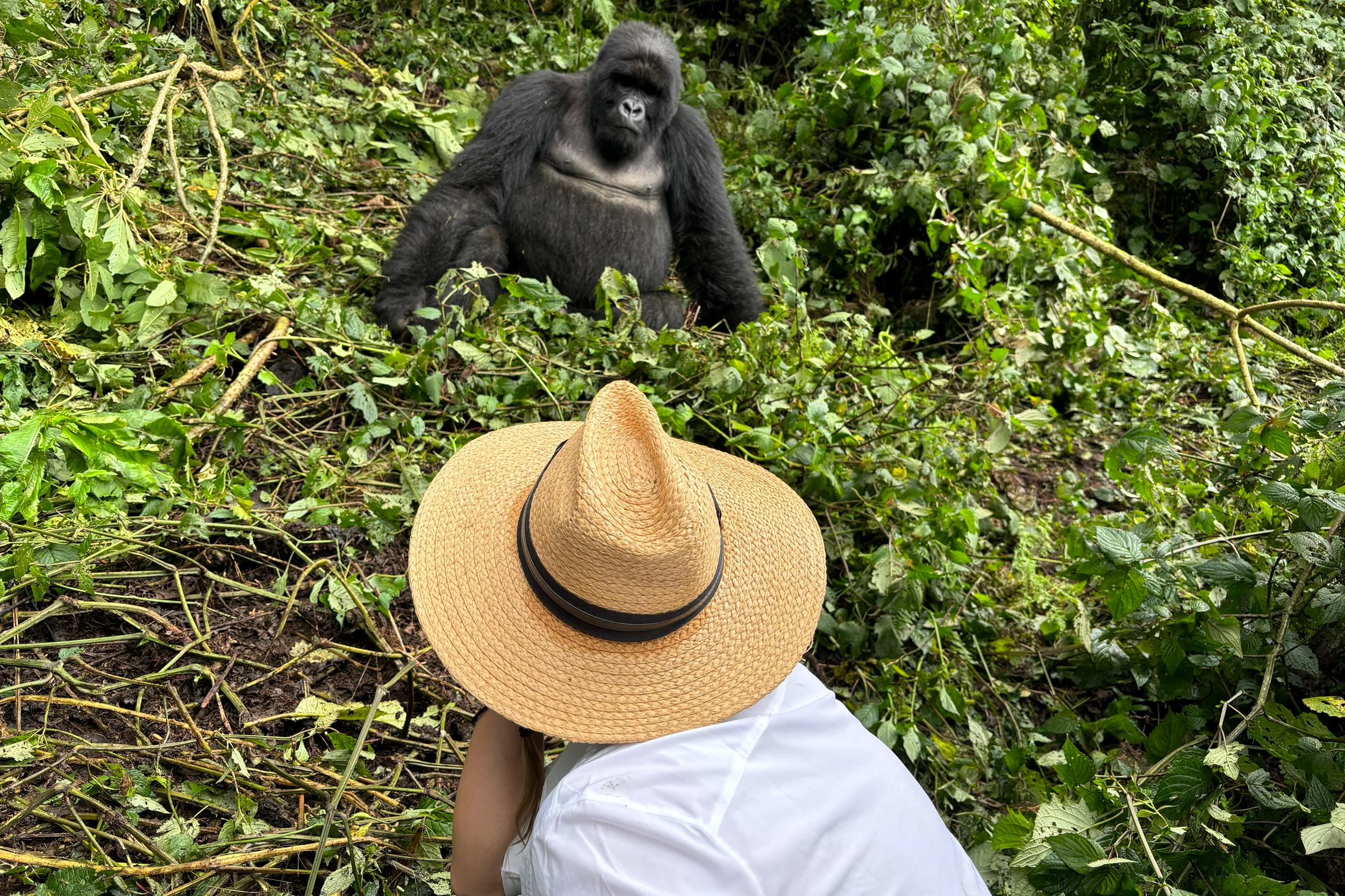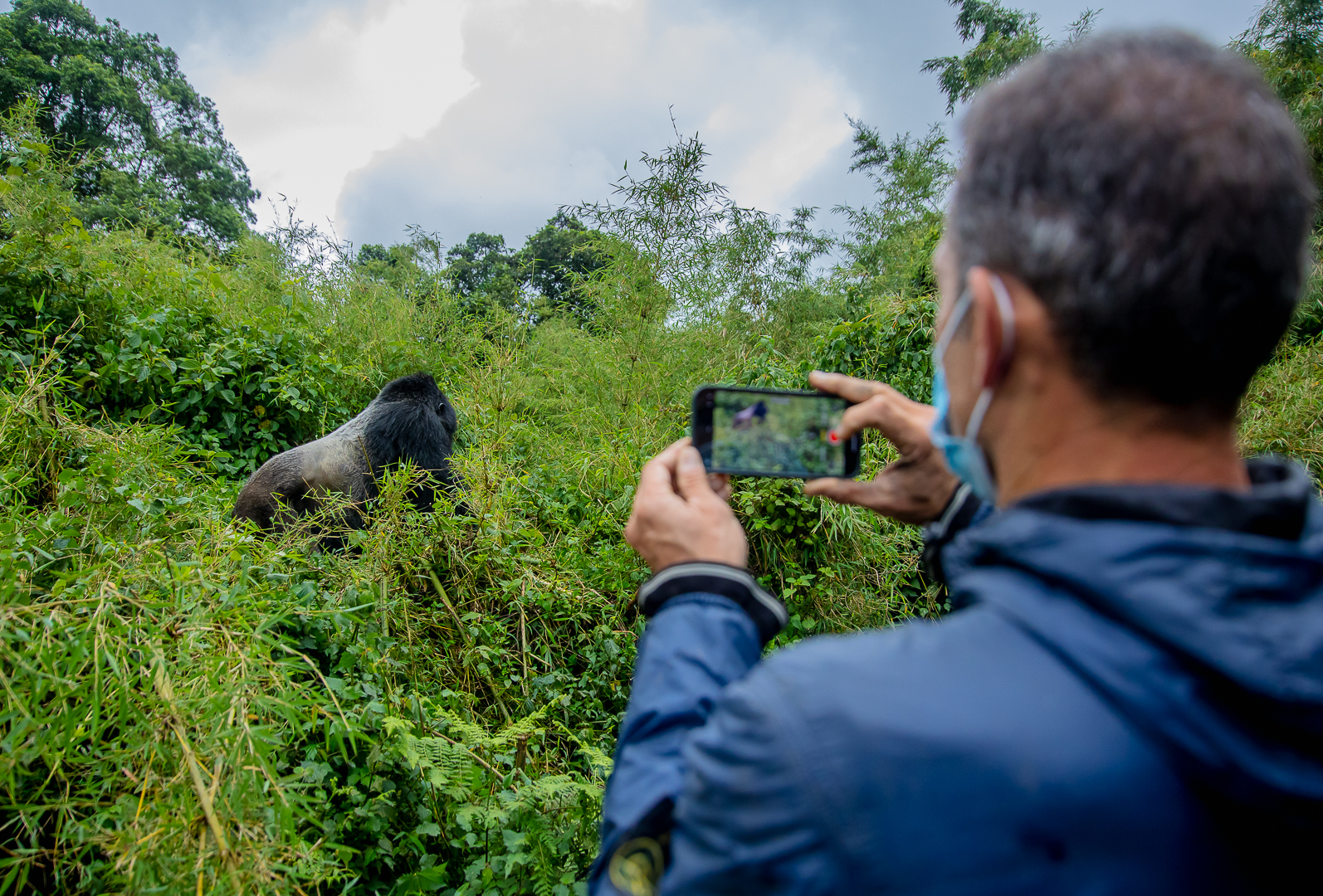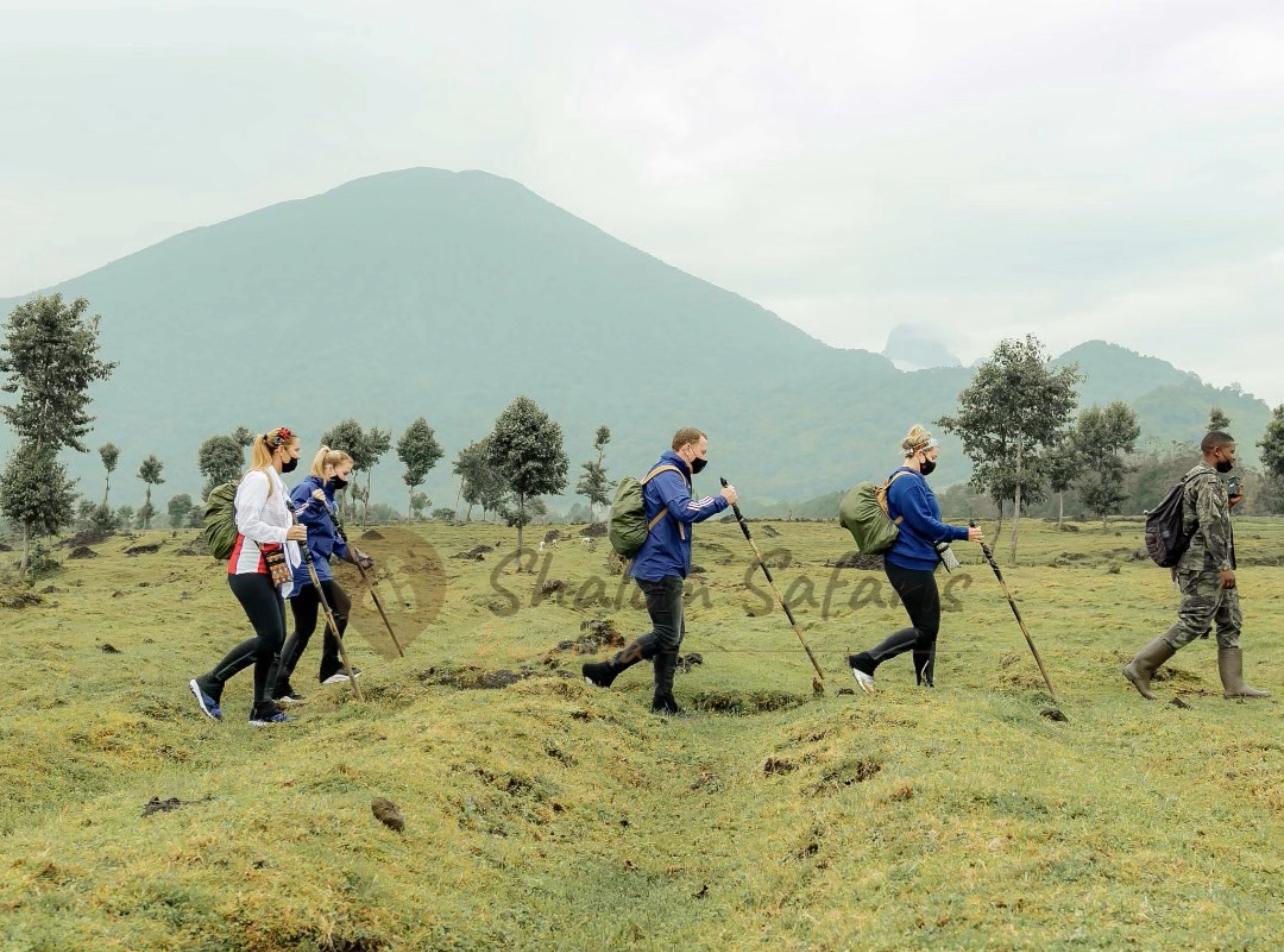Ever Wanted to do Wildlife Safari in Akagera National Park? Welcome to Akagera National Park Rwanda
Akagera is almost unrecognizable today compared to just 20 years ago when it was on the verge of being lost forever, Now wildlife safari in Akagera national park would be one of the best activity worth experiencing in Rwanda.
While peace was finally restored in the 1990s after the 1994 Genocide, Akagera’s demise was just beginning. Refugees returning to Rwanda after the genocide were still battling for their own survival and turned to the forests for timber, wildlife for protein and the wild savannas for their livestock.
Lions were hunted to local extinction, rhinos disappeared, and the park’s wildlife was displaced by tens of thousands of long-horned cattle. Biodiversity was practically lost, and with it so was employment and tourism. The park’s value was virtually diminished, which makes its story of revival even more remarkable.
In 2010, African Parks assumed management of Akagera in partnership with the Rwanda Development Board (RDB), shifting the park’s trajectory from one of oblivion to prosperity and hope.
After years of preparation, through effective law enforcement and management, 2017 saw the historic return of 18 Eastern black rhinoceros after a 10-year absence, thanks to the support from the Howard G. Buffett Foundation.
An additional five captive-bred black rhinos were translocated from Europe in June 2019, with the support of the European Association of Zoos and Aquaria (EAZA), to augment the genetic diversity.
Two new male lions were also translocated to Akagera in 2017 to enhance the genetic diversity of the growing pride, which has now tripled since their initial reintroduction in 2015.
With poaching essentially halted, the park’s key wildlife populations have continued to rise. The park is generating more than US$2.5M in annual revenue, making it 90% self-financing driven by the tens of thousands of people, half of whom are nationals, coming to see its rebirth.
AKAGERA HIGHLIGHTS
- In 2017, 18 Eastern black rhinoceros were reintroduced to Akagera bringing the species back to the park, and the country of Rwanda after a 10-year absence. The population was further supplemented by an additional five individuals translocated from European zoos in 2019.
- Lions were reintroduced in 2015 after they were hunted out in the 1990s, and the population doubled in the first year with the birth of eleven cubs. Two additional males were translocated from South Africa to Akagera in 2017 to increase the population’s genetic diversity.
- We overhauled law enforcement and significantly reduced poaching in the park. To help secure Akagera, a counter-poaching canine unit was trained and deployed in 2015 and are essential in maintaining very low levels of poaching in and around the park.
- A 120 km solar powered predator-proof fence was constructed and significantly reduced human-wildlife conflict situations.
- More than 2,000 school children visit Akagera each year for free along with teachers and local leaders as part of the environmental education program
- Tourism revenue increased by more than 1,150% from 2010 to 2019, generating US$2.5M and making Akagera 90% self-financing. In total, the park welcomed more than 50,000 tourists in 2019, half of whom were Rwandan nationals.
TOURIST ACTIVITIES IN AKAGERA NATIONAL PARK RWANDA
Boat trips, The Akagera National Park presents impressive boat cruise on Lake Ihema which is the second largest in Rwanda after Lake Kivu.
The recreational boat cruise encounters are organized during day or at the sunset with possible views of the Hippos and the Nile crocodiles not forgetting the bird species. Both boat cruise and Night Wildlife safari in Akagera national park are all organized by the Akagera Game Lodge in partnership with Rwanda Development Board.
Sport Fishing, The Akagera National Park presents an ideal sport fishing encounter on Lake Shakani. The lake is south of the park and gives you an opportunity to undertake the sport fishing adventure.
Game drives/ Wildlife Safari in Akagera National Park, Akagera National Park presents the ideal game viewing encounter in the whole of Rwanda.
Being the only savannah park in the country, the park is a rich habitat for savannah dwelling animals and therefore undertaking game drives in the park is very reading in terms in wildlife safari in Akagera National Park. There are options of taking the park guide or a free-lance community guide and the two feature detailed destination knowledge of the park.
Night Game Drives/ Night wildlife safari in Akagera National Park, Akagera National Park offers an opportunity to encounter the nocturnal dwelling species including; Bushbabies or Galagos (Otolemur crassicaudatus and Galago moholi).
Birding, Akagera National Park with over 500 bird species presents an ideal birding encounter. The birders have opportunity of exploring the varied park landscapes ranging from the waterfowl concentrations to savannah dwelling species.
The notable Species that can be encountered include the near threatened listed papyrus gonolek (Laniarius mufumbiri) limited to the papyrus swamp range, the localized red faced barbet (Lybius bidentatus) and the remarkable swamp flycatcher (Muscicapa boehmi).
Helicopter Adventures / Aerial tours, Akagera National Park presents aerial tours of the park exploring the Akagera landscapes from above.
Apart from wildlife safari in Akagera national park, also The views of the Akagera plains viewed from above with series of swamp fringed lakes and open savannah as it stretches to the Tanzanian plains. You view the wild game grazing in the parks savannah. It offers the scenic views of the parka and beyond.
WILDLIFE SAFARI IN AKAGERA NATIONAL PARK
Akagera National Park is a comfortable 2-3 hour drive from Kigali and can be visited on a long day trip if you’re short of time. However, although game densities aren’t massively high, it’s an exceptionally pretty park with pleasantly few other visitors, so it’s worth staying a couple of days to explore it.
The only entry for wildlife safari in Akagera National Park is via Kiyonza Gate in the south, close to the Park Headquarters and Akagera’s best lodge. (Nyungwe Gate in the north is currently only available to exit the Park).
WILDLIFE OF AKAGERA NATIONAL PARK
Akagera’s wildlife has increased significantly over recent years and the latest count estimated that the Park is now home to some 8,000 large animals. The new perimeter fence completed in late 2013 has also impacted positively on numbers.
In 2015, seven lions were reintroduced to Akagera which became the first lions to roam these plains for 15 years. Since their reintroduction they have done extremely well and their numbers have improved year on year.
18 eastern black rhinos were re-introduced in May 2017, making Akagera National Park a “big five” destination once again – and the first wild rhino to be born in the country in over a decade was welcomed in September 2017.
In the meantime, because of the lack of predators, game is surprisingly relaxed and relatively easy to spot – as long as you don’t expect massive numbers, Wildlife safari in Akagera National Park won’t disappoint.
Animals currently found in Akagera
The game on wildlife safari in Akagera National park includes most of the usual plains species. Impala and topi (known as tsessebe in Southern Africa) seem to be dominant, with eland, oribi, Masai giraffe, Defassa waterbuck, reedbuck, bushbuck, sable and roan antelope also present.
Burchall’s zebra, hippo and crocodile are commonly seen whilst game viewing; buffalo are more prevalent in the north as are elephants.
One elephant in particular was well-known across Rwanda, having been semi-habituated when younger. Mutware was the grumpy old man of Akagera, he died of natural causes at the ripe old age of 48, but in his time was an infamous character to the park!
Birds of Akagera National Park
Akagera National Park is especially good for birding, with over 480 species attracted by its diverse habitat. Savannah birds and raptors are prevalent and several endemic species such as the red-faced barbet are often seen.
Short boat trips are available on Akagera’s lakes which will give you the opportunity to get close to the plentiful waterbirds including numerous African fish eagles, marabou stork, crowned cranes, open-billed stork, cormorants, herons and egrets. If you are lucky you may even get to see the elusive shoebill stork.

